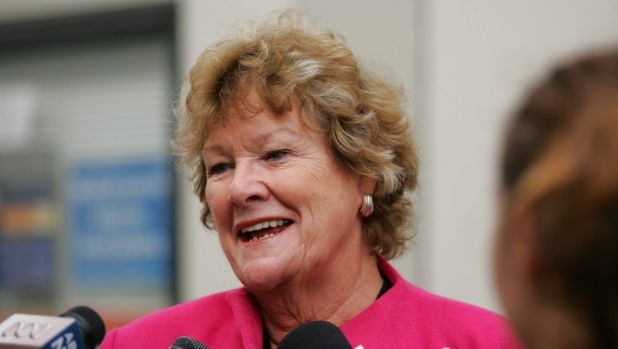
NSW Health Minister Jillian Skinner announced on Monday that the state will no longer attempt to move 90 per cent of patients out of emergency departments within four hours. Photo: Dean Osland
Emergency clinicians have blamed a lack of political will on the NSW government’s decision to abandon its commitment to ensuring 90 per cent of patients are leaving the emergency department within four hours.
A member of the federal government’s expert panel on emergency targets said he was “incredibly disappointed” that NSW had dropped the policy when there were still gains to be made.
Mark Monaghan, a WA emergency physician who advised the Commonwealth in 2011, said although patients who were discharged from the emergency department were going through more quickly, those who needed to be admitted to hospital were still being held up.
“We’d only just begun on this work and I’m incredibly disappointed,” Dr Monaghan said.
“I think it’s a great shame that NSW has abandoned this. We could have made this target smarter and made real gains in relation to getting emergency patients treated quicker.”
Health Minister Jillian Skinner announced on Monday that NSW would no longer attempt to move 90 per cent of patients out of the emergency department within four hours as the federal government was no longer providing a financial incentive for it to meet the target.
The federal government dropped $50 million in funding that was tied to the targets in the June budget.
She said on Thursday that while the Commonwealth had moved away from the four-hour rule, NSW remained committed to it.
“NSW will continue to apply 81 per cent as its four-hour benchmark pending a review by Queensland – and supported by other states and territories – of whether 90 per cent is an appropriate long term benchmark.”
The results of the Queensland study will be published in a peer reviewed journal, and until then the Queensland government has frozen its target at 83 per cent.
The review committee chair, David Rosengren, said the costs of achieving the target needed to be weighed against the gains in efficiency and patient safety.
“The 90 per cent target has no evidence behind it,” Dr Rosengren said.
“It was a random number that was generated out of the UK.”
It may be that by moving 90 per cent of patients out of the emergency department within four hours, surgical care was compromised, he said.
“No government wants to be responding to an opposition that says your emergency department is meant to be 90 per cent when in fact it’s not a valid performance target in the first place.”
But Dr Monaghan, who also rolled out the four-hour target in Western Australia, said there was no evidence that a 90 per cent target was unsafe.
“In fact the contrary,” he said.
“We found that when we were at high 80s we had decreased mortality. I personally think that’s a reason you could throw up as a reason not to do it.”
The Australasian College of Emergency Medicine’s Andrew Bezzina said more work needed to be done to speed the progress of patients admitted to hospital, as discharged patients were the quickest.
“When the patients go through to the other side things tend to slow down,” he said.
“The system can come to a 90 per cent target, it’s just a question of how much will there is to push the process across the board.”
